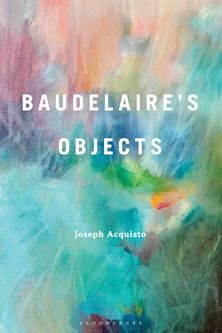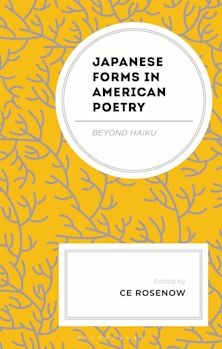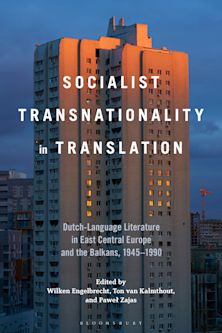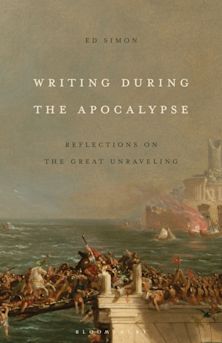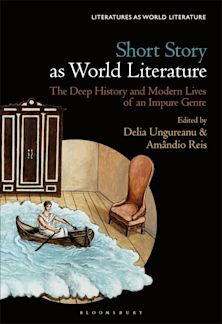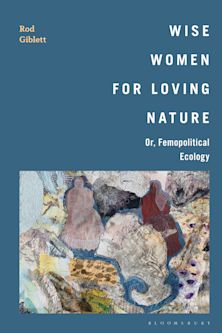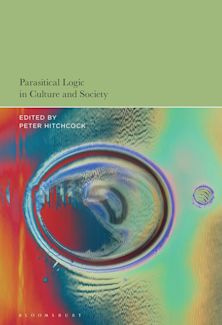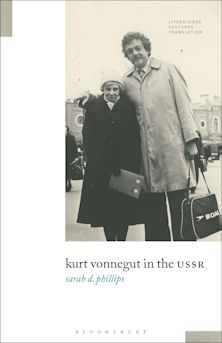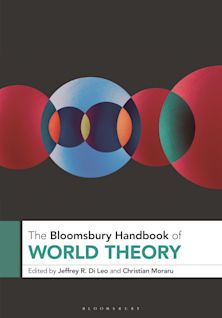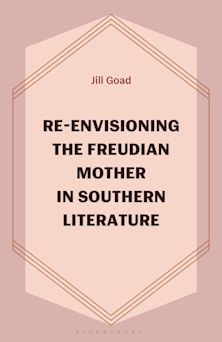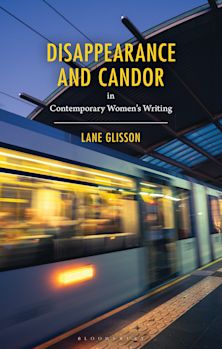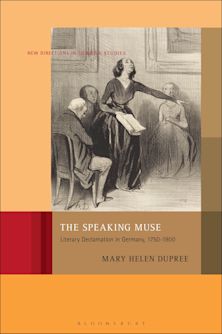- Home
- ACADEMIC
- Literary Studies
- Comparative Literature
- Sacred Places in Comparative (Post-)Colonial Writing
Sacred Places in Comparative (Post-)Colonial Writing
From Alexandria to Gondar
Sacred Places in Comparative (Post-)Colonial Writing
From Alexandria to Gondar
You must sign in to add this item to your wishlist. Please sign in or create an account
Description
This book presents a distinctive viewpoint on the significance of sacred spaces in postcolonial literature while illuminating the diasporic narrative of regions often overlooked in Pan-African literary studies.
By challenging the main trends that have benefited countries such as Nigeria, Kenya, and South Africa, Rosanna Masiola and Matteo Baraldo bring together multiple faiths, literary genres, and narratives in diachronic and comparative critical perspectives from Egypt, Ethiopia, and Libya. Masiola and Baraldo focus on historical authors and the rise of contemporary writers in the diaspora from a cross-cultural and comparative perspective. By examining writers such as Ahmad Shawqi, Ibrahim al-Kuni, Sahle Sellassie, Nega Mezlekia, Maaza Mengiste, and Gabriella Ghermandi, this book seeks to connect the reader to a mystical dimension of diasporic postcolonial literature.
Table of Contents
Introduction
Sacred Places and the Lament for Destruction
Rosanna Masiola and Matteo Baraldo
Chapter 1
Ahmad Shawqi's 'The Passion of Cleopatra': From Egypt to Egypt
Rosanna Masiola
Chapter 2
The Libyan Desert and Colonial Invasions
Rosanna Masiola
Chapter 3
Ethiopia, The Matrix of Mystery: Writing Worlds
Rosanna Masiola
Chapter 4
The Gondar Empire and its Spiritual Legacy
Matteo Baraldo
Conclusion
Geographies of the Sacred: From Landscapes to Heritage
Rosanna Masiola and Matteo Baraldo
Index
Product details

| Published | 13 Nov 2025 |
|---|---|
| Format | Ebook (Epub & Mobi) |
| Edition | 1st |
| Extent | 192 |
| ISBN | 9781978764002 |
| Imprint | Bloomsbury Academic |
| Publisher | Bloomsbury Publishing |
About the contributors
Reviews
-
An impressive literary achievement that embodies a questing spirit for ancient wisdom. It represents an important intellectual contribution to the discourse on mysticism, pilgrimage, memory and literary Afropolitanism. Original, immensely learned, eloquently written … a profoundly deep understanding of existence.
Rajendra Chetty, Professor of Language Education, University of the Western Cape, South Africa

ONLINE RESOURCES
Bloomsbury Collections
This book is available on Bloomsbury Collections where your library has access.












